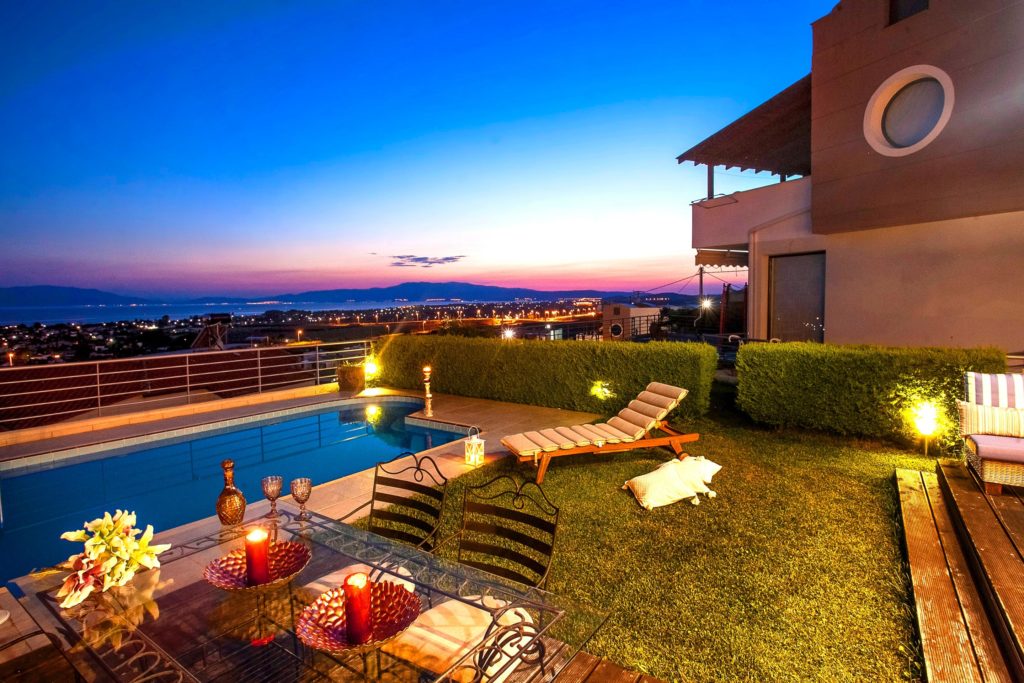Mortgages for vacation homes differ from loans on a primary residence. So, before you decide to purchase a home away from home, you’ll want to be sure that you know everything on the mortgage front. Here is some information on how vacation home mortgages work to help you sail through the process and into your own personal retreat without a hitch.
Why vacation home mortgages may incur higher costs
Financing a vacation home requires mortgage lenders to take on more risks than they would with a regular home. For example, vacation homes often are vacant or rented out to tourists who may have less of an interest in maintaining the place in pristine condition. If the buyer of a vacation home also has a mortgage on a primary residence, this poses the risk that the buyer’s finances might be stretched too thin over two mortgages. The location of a vacation home could pose yet another liability. Many popular vacation spots are susceptible to natural disasters, such as hurricanes and flooding. Even with insurance, lenders can face losses. All of this risk means home buyers may have to pay a little more for their vacation homes in the form of higher down payments, interest rates, and insurance premiums.
How much is a down payment on a vacation home?
While it varies by lender, conventional mortgage programs that might typically need only 3 percent down on a primary residence will require a minimum of 10 percent down on a vacation home. If you plan to rent out the home rather than enjoy it yourself, that down payment could increase to 15 percent. In addition to having a higher down payment, mortgage interest rates on vacation homes also could be higher. In addition, not all mortgage products that are available for buying a primary residence are available for a vacation home purchase. For example, FHA and VA loans can’t be used to buy a vacation home.
Why you must disclose how the vacation home will be used
When you decide to purchase a vacation home, you have to declare how you intend on using it at the time of application. There are a few ways a vacation home can be classified: As a primary residence, where the homeowner lives most of the year; secondary residence, which is rented out for no more than 180 days a year; and investment property, which is used strictly as a rental to generate income If the occupancy type changes from the terms of the initial mortgage, homeowners should consider contacting their lender because the home may need to be refinanced to change the mortgage terms to match its new purpose. On the other hand, if a vacation home was initially purchased to be used as a rental property and the owner later decides to make it the primary residence, refinancing could bring a lower interest rate, and may qualify for a different loan product (such as an FHA or VA loan).
Your property tax and insurance bills could be higher
Vacation homes can come with a higher property tax bill than a primary residence. That’s why home buyers are urged to make sure they understand the tax rates, which vary by state and locality, especially if they’re buying a home in a different, unfamiliar state. Along with different tax rates, there could be different rules and laws for real estate fees and expenses. Closing costs — usually 2 percent to 7 percent of the home’s purchase price — also vary, and some states have higher transfer taxes, which is the fee for passing a property title from one person to another. Homeowner’s insurance also could be as much as 20 percent higher on a vacation home, especially if it is going to be rented.
Mortgage pre-approval for a vacation home
Due to these higher costs, experts recommend that vacation-home buyers get pre-approved for a mortgage. That’s where loan advisers review a home buyer’s loan application — which includes the individual’s income, assets, credit and liabilities — to recommend the best-suited mortgage product. Having a mortgage pre-approval in hand before you sign a purchase agreement always puts you in a better bargaining position when bidding on a home. On top of the monthly mortgage payment, taxes and insurance, vacation home owners also should budget for the big picture, as well as factor in operating costs, maintenance, repairs, utilities and any ancillary services for sustainable homeownership.



